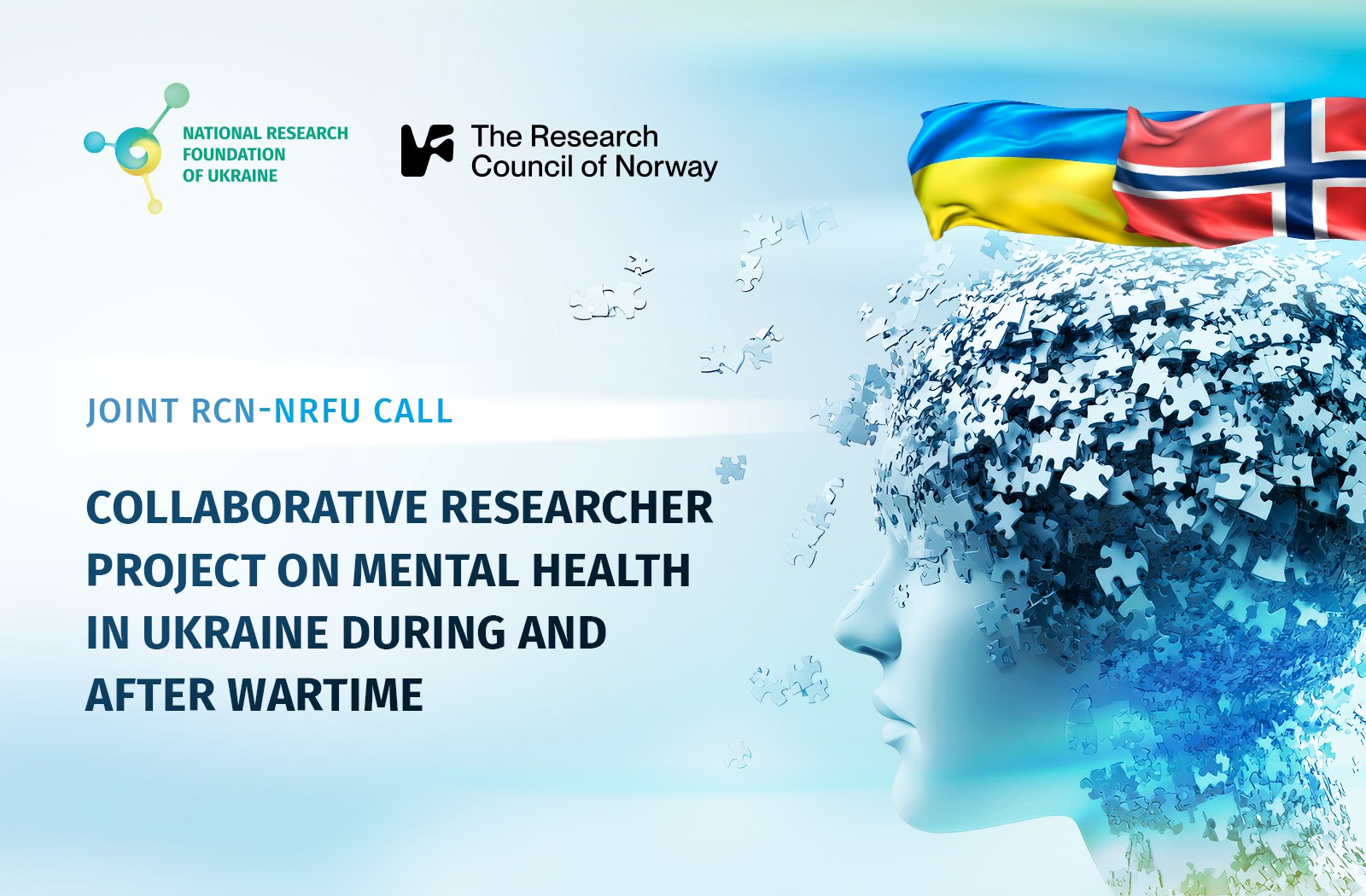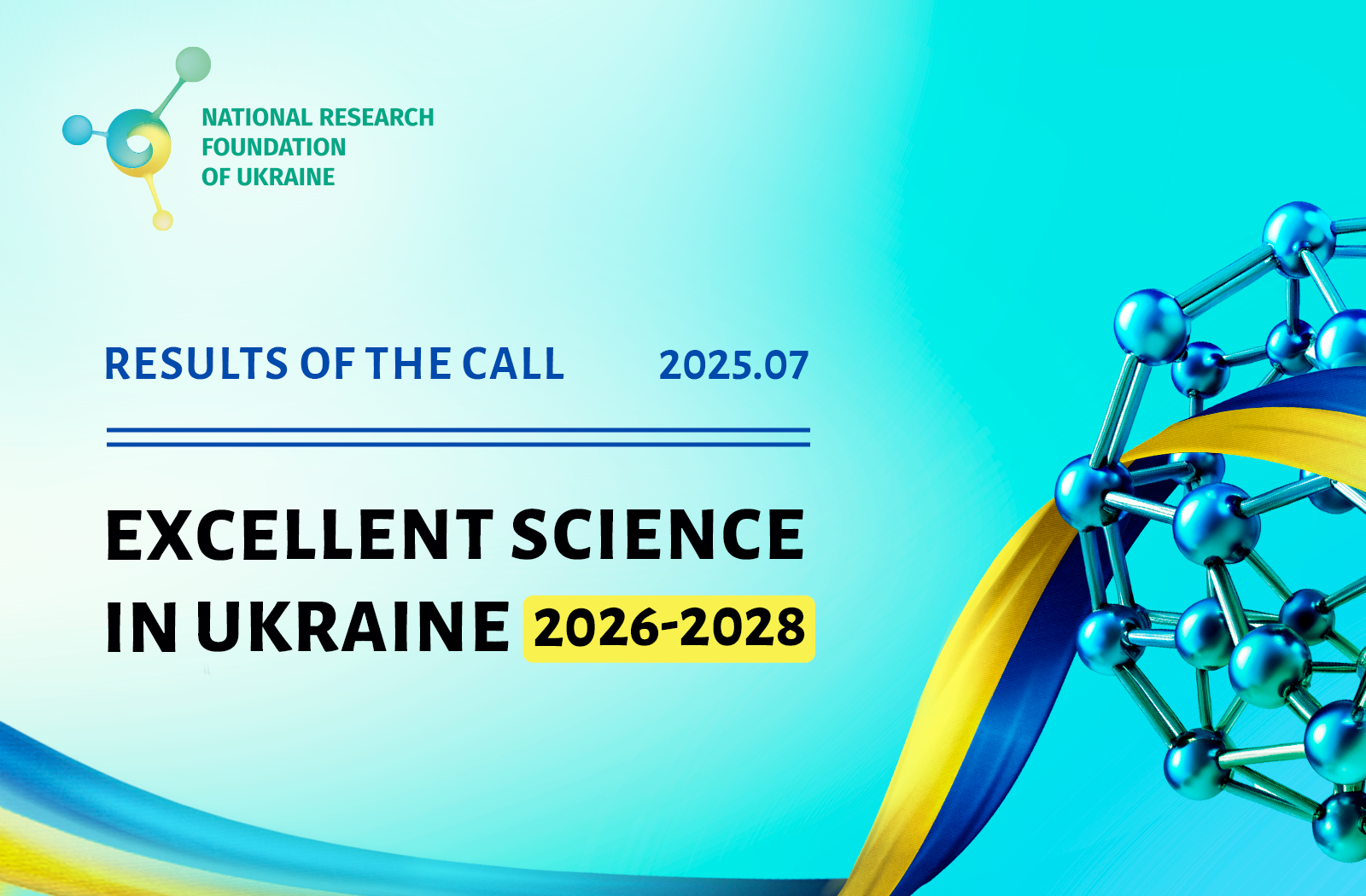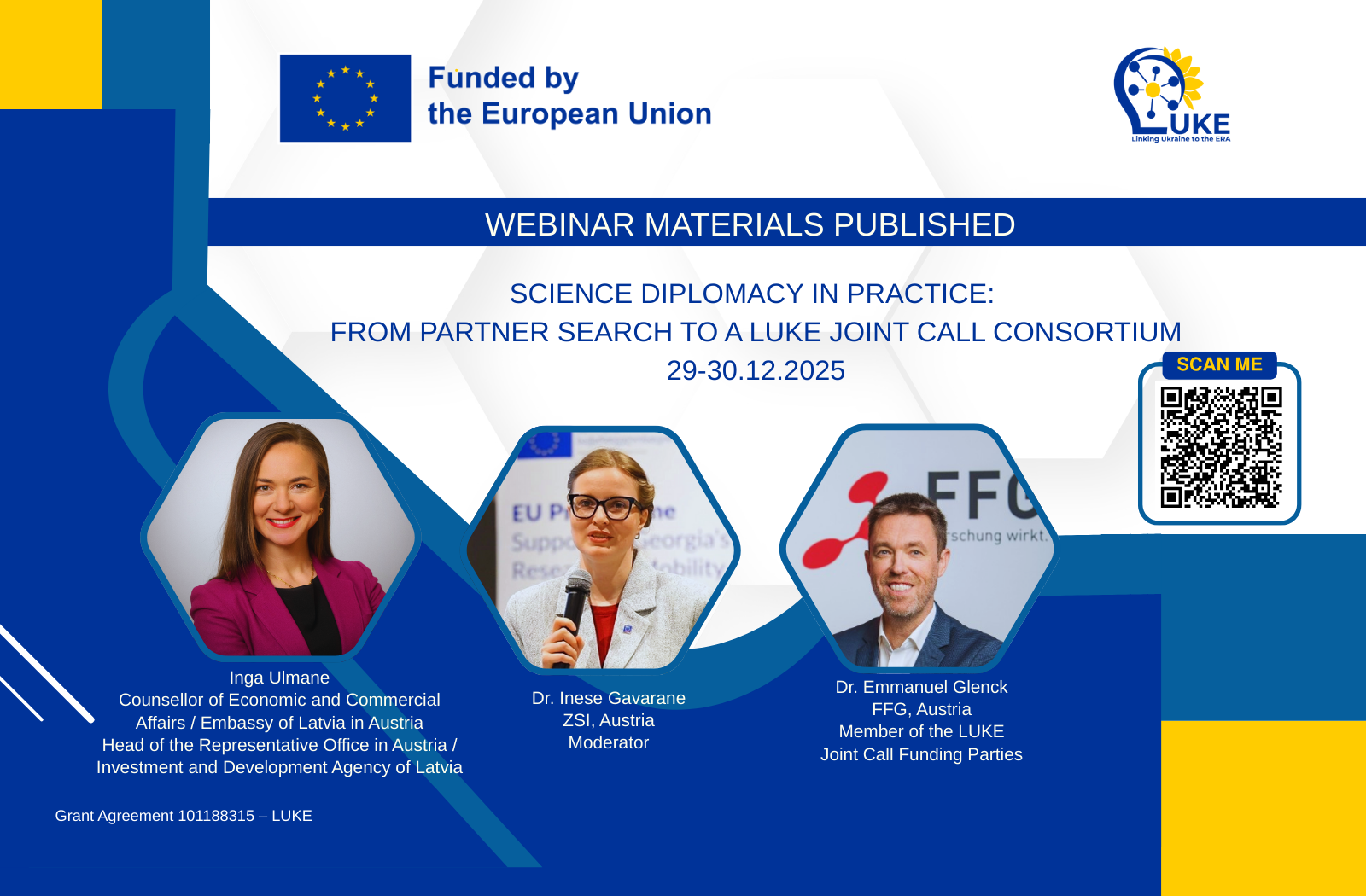Researchers of the Institute of Organic Chemistry who are implementing the project ‘Latent carbenes for organic synthesis’ decided to do what no researcher has ever done: to stabilize carbenes and, thus, make them available for use.
Head of the Department of Chemistry of Organophosphorus Compounds and PI of the project Oleksandr Kostiuk, talks about his work calmly and routinely. Oleksandr Kostiuk is confident that the team will successfully complete the project after the resumption of funding. However, the researcher is worried if Ukrainian science and industry will be able to use the results of this discovery. He is sure that hard times are ahead.
Nevertheless, neither the researcher nor his team give up in the face of the difficulties. The full-scale invasion found Oleksandr Kostiuk on a business trip in Brazil, and in April he returned to Ukraine with many transfers (via Sao Paulo and Istanbul). He says: “In the first weeks of the war it was very hard psychologically, I was worried about my colleagues and the Institute which is located in the eastern part of the city, from where Brovary, where the enemy’s tank columns were located, is very close.”
After returning to Kyiv, he immediately started working. From time to time, this work is interrupted by air raids alarms and explosions. On June 6, an explosive wave broke the windows in his laboratory (a Russian missile hit the Darnytskyi Railway Car Repair Plant, which is nearby). The windows were quickly glazed and the work continued.
Oleksandr Kostiuk together with the researchers of the department has been researching the topic of carbenes for several decades. The researchers have created new types of carbenes, they have many important publications.
“Carbenes have been known for a hundred years”, explains the Professor. “But if you synthesize, for example, simple diaminocarbenes, the resulting substance must be used immediately (as quickly as possible). These particles are extremely active and quickly transform into other compounds. It is impossible to store them.”
Not surprisingly, diaminocarbenes are not widely used in organic chemistry.
Researchers from the Institute of Chemistry modified tetramethyldiaminocarbene – instead of one methyl group they used the trimethylsilyl group. Immediately synthesized carbene turned into a neutral compound.
“Any chemist will look at this compound and say: a molecule as a molecule, nothing outstanding”, Oleksandr Kostiuk smiles. “But we worked further and noticed unusual properties in these molecules. We found out that the neutral compound is in equilibrium with carbene. The carbene content is insignificant, but the presence of carbene determines the chemical properties of the neutral compound.”
The project funded by the NRFU is devoted to the study of these carbene properties.
Calculations and studies have confirmed that the synthesized neutral molecule exists in equilibrium with carbene. “It turned out that there are whole classes of such molecules,” the researcher added.
No one has ever conducted such studies with carbenes, the discovery of Ukrainian researchers is absolutely pioneering.
“We investigated how the molecule can change from one form to another, provided examples”, the researcher said. “Figuratively speaking, now it is possible to synthesize the required amount of the compound, put it in the refrigerator and use it when needed.”
Before the war, the researchers had published three articles and confirmed that their hypotheses were correct. In 2022, they began to study the mechanisms of how and why stabilization occurs, how molecules react in various reactions.
“I am sure that our work opens the way for this compound to the widest application”, said the Professor. “This is a powerful and convenient method, because carbene molecules are an excellent reagent, important for many chemical processes, and, thus, for manufacture. These compounds can be used in many fields – for separation of materials, modification of molecules and nanoparticles, conversion of freons, etc. In particular, in medicinal chemistry, pharmaceuticals, nanotechnology, etc.”
The team that implemented the project consists of six researchers, three of them are early-career researchers. All of them work in Ukraine today and, thus, face a decrease in funding (money from many scientific areas is directed to the country’s defense). Continuing research in an ambitious project grant funded by the NRFU is very important for them.
“The war has shown that Ukraine has very talented young people who are happy to work in the best research institutions in the world”, added the Professor. “That is why, despite the war, economic crisis and lack of funding, we must do everything possible to ensure that early-career researchers have the opportunity to stay and work in Ukraine.”
Interviewed by Svitlana GALATA






